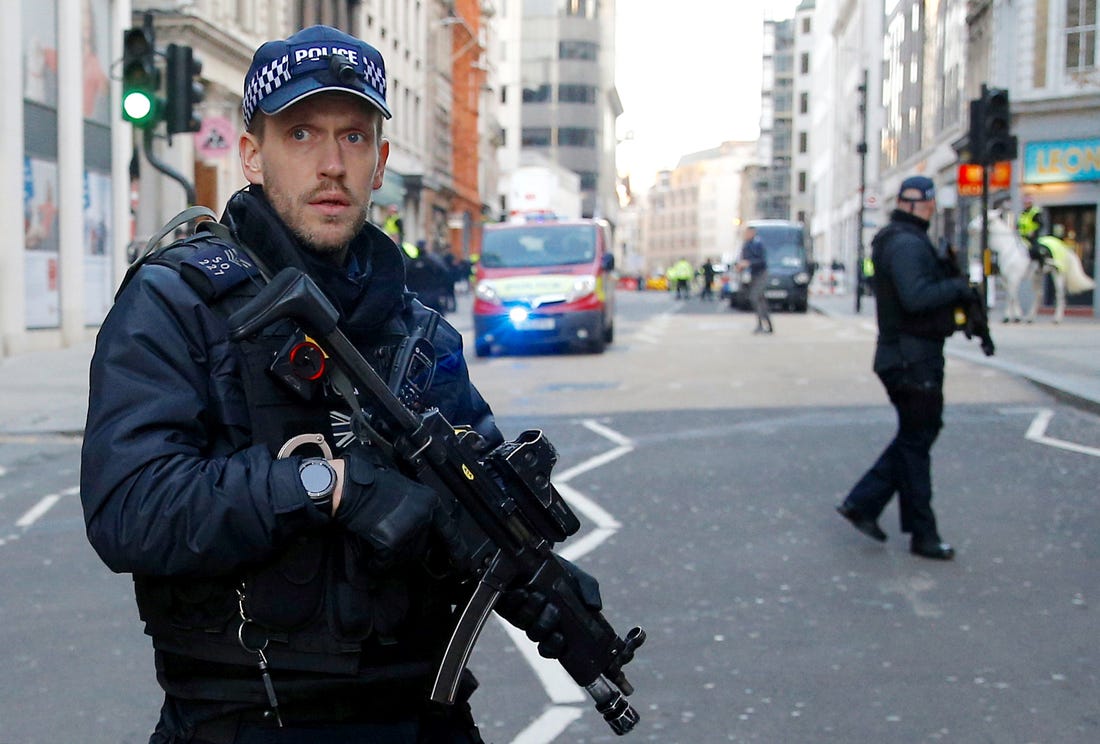On Monday of last week Sudesh Amman appallingly stabbed two people in Streatham, South London before he was shot dead by the police. It was quickly announced to be a terrorist attack of an Islamic extremist after controversy arose over his previous prison sentence.
Sudesh Amman was previously sentenced at the Old Bailey and had spent 3 years and 4 months in prison, charged with terror conviction. The concern of the public in the following days was this: how had the judiciary allowed a man to be released after half his time? Blame also fell on the security services; he was living under a curfew, with a GPS tag and limited access to the internet, therefore, how was this attack able to happen? In a time like this, the public wanted someone to blame and perhaps it is our government.
Unfortunately, this event does not stand alone; in 2017 it was estimated that 26,445 people died as a result of a terror incident globally. This statistic does not include those who were injured for life, let alone the emotional scarring. Facts such as these begs the question: what is our government doing in response?
In the aftermath of the Streatham attack, the administration swore to end automatic early release, if they can legally do this. Arguably, shoving people in prison for a few extra years won’t turn them from a terrorist to a valued member of society. Perhaps government spending should be spent on rehabilitation. I agree, people that have killed people’s daughters, sons, brothers, sisters, fathers, mothers, friends should serve their time, if not to reassure the public, but for the comfort of bereaved loved ones. However, to prevent other unnecessary deaths the government should be working on psychological routes to change people’s mindsets and reduce the risk of re-engagement.
Deradicalisation. This is no novel idea, there are 15 known deradicalisation projects worldwide including in Denmark. 15 seems a small number in comparison to the amount of people affected by terrorism. Denmark faced a dilemma when several Danish Jihadists who had left to go to Syria wanted to come home. Denmark now has a large deradicalisation programme, which focuses on integrating extremists back into society through acts such as getting them a job.
These programmes work on an individual level, considering what is important to that person and what makes them most at risk of re-engagement. If we do not intervene then it is estimated that 30% of terrorists reoffend. The UK government works all day, every day to track potential attacks and tragically cannot always spot them. However, while having watch lists, keeping an eye on extremist websites, physical barriers and training teachers to recognise an at-risk child, are good, it is not enough. Some argue that rehabilitation programs are expensive, and they are, but is human life not worth more? We have over £100 billion to spend on the HS2 route, which only the elite will be able to get tickets for. Therefore, for something as important as this – the government really should splash the cash.
There needs to be more pressure from the public who don’t want to see these attacks continuing, to persuade the government that their current technique is just not working.
Image: Insider

